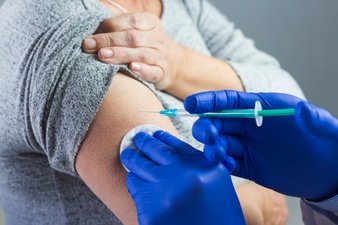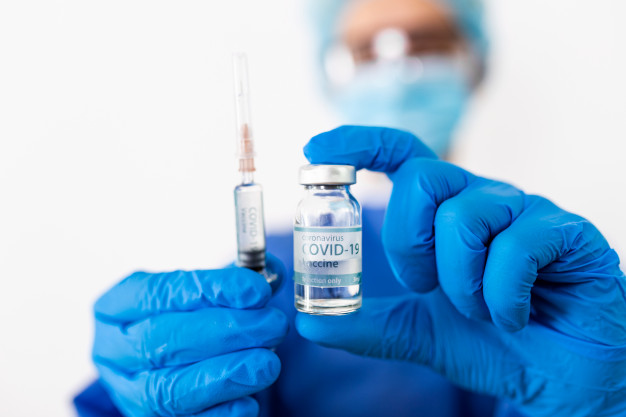
Vaccinated people were supposed to be relieved from the fear of catching COVID-19. However, some cases show a new re-transmission of the virus, despite growing anti-bodies. So, how did this happen? First, it’s important to state that the number of cases is very low compared to the lives that were saved! Here is a breakthrough of what is currently happening with the COVID-19 vaccine.
Breakthrough Cases Are Very Rare

According to health researchers, these cases of vaccinated people catching coronavirus, are very rare. In fact, they conclude that ”only 9,245 breakthrough cases reported to the CDC, federal data show. That’s out of more than 95 million Americans who had been vaccinated at that point.”
Therefore, it’s safe to say that efficacy rate of 95% shown by both Moderna and Pfizer, is doing its job. As for the breakthrough cases, there exist many factors that could prevent the vaccine from being effective.
Reasons Why Vaccines Don’t Make You Immune

In the first place, people have different bodies and reactions. Although chances are very low, people can have such a genetically weak immunity, that vaccines just can’t breakthrough. In addition, certain factors like completing the doses, having them being administered the right way, and the age of the person can also play an important role. According to Bloomberg, it takes about two weeks for the body to build full immunity against the virus. Therefore, breakthroughs occurring in this time frame are not an indication about the vaccine itself.
Vaccination Is Still Saving Lives

That being said, the COVID-19 vaccines are saving many lives around the globe! In fact, life is slowly returning to normal post-pandemic. If anything, this supports the effectiveness and efficiency of the vaccination process.
To conclude, vaccinated people who catch COVID-19 again represent less than 1% of the general data. It’s due to several factors, some are biological, and others are purely human. However, the vaccine is important and is the only way towards the ”new normal.”
Photos: Freepik.
